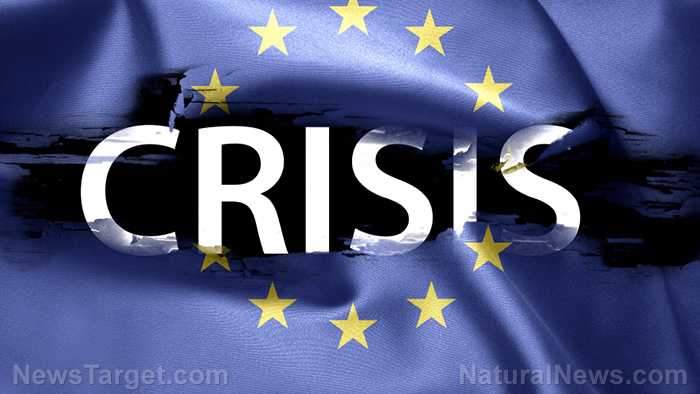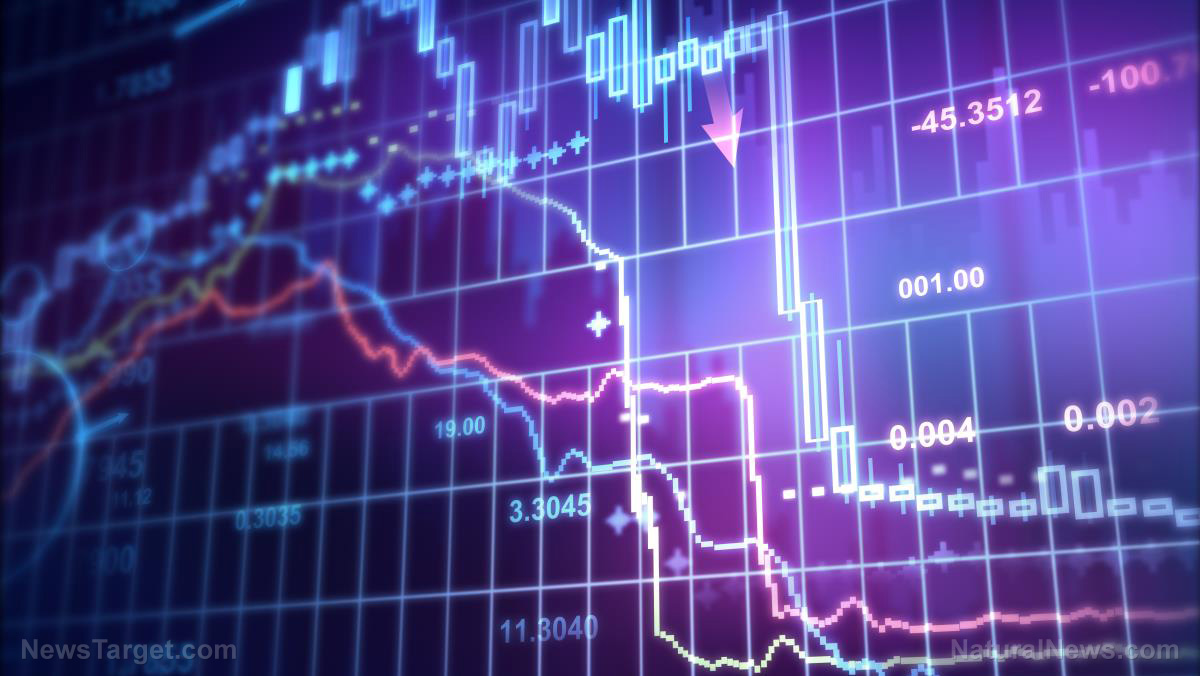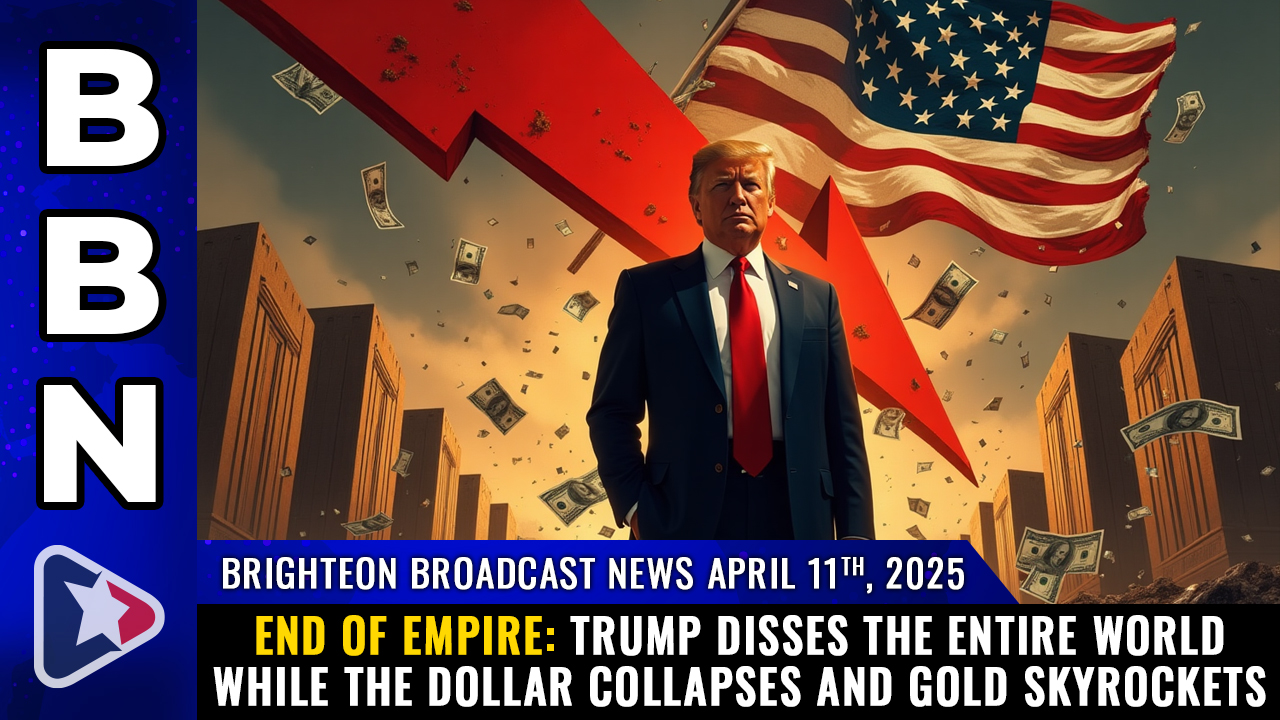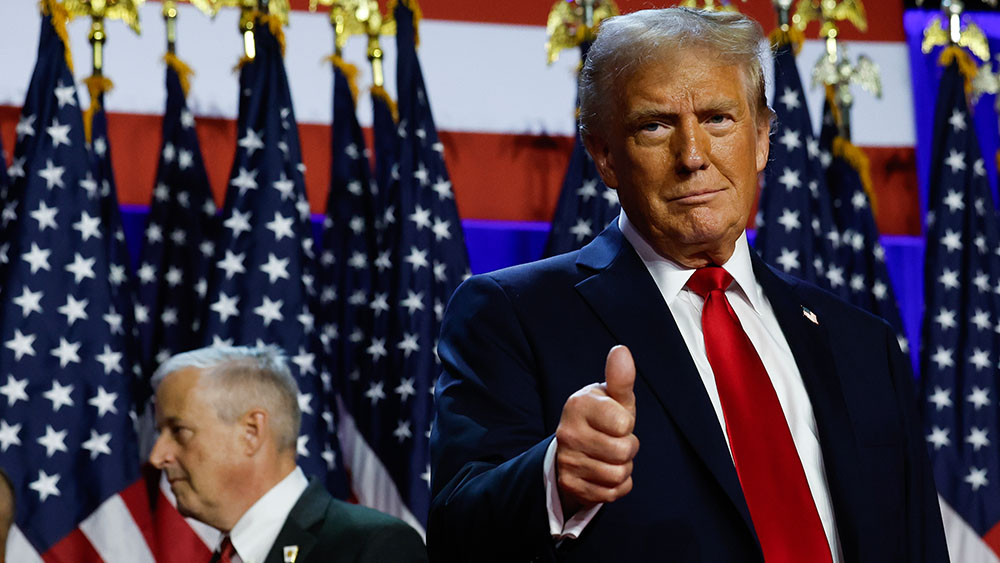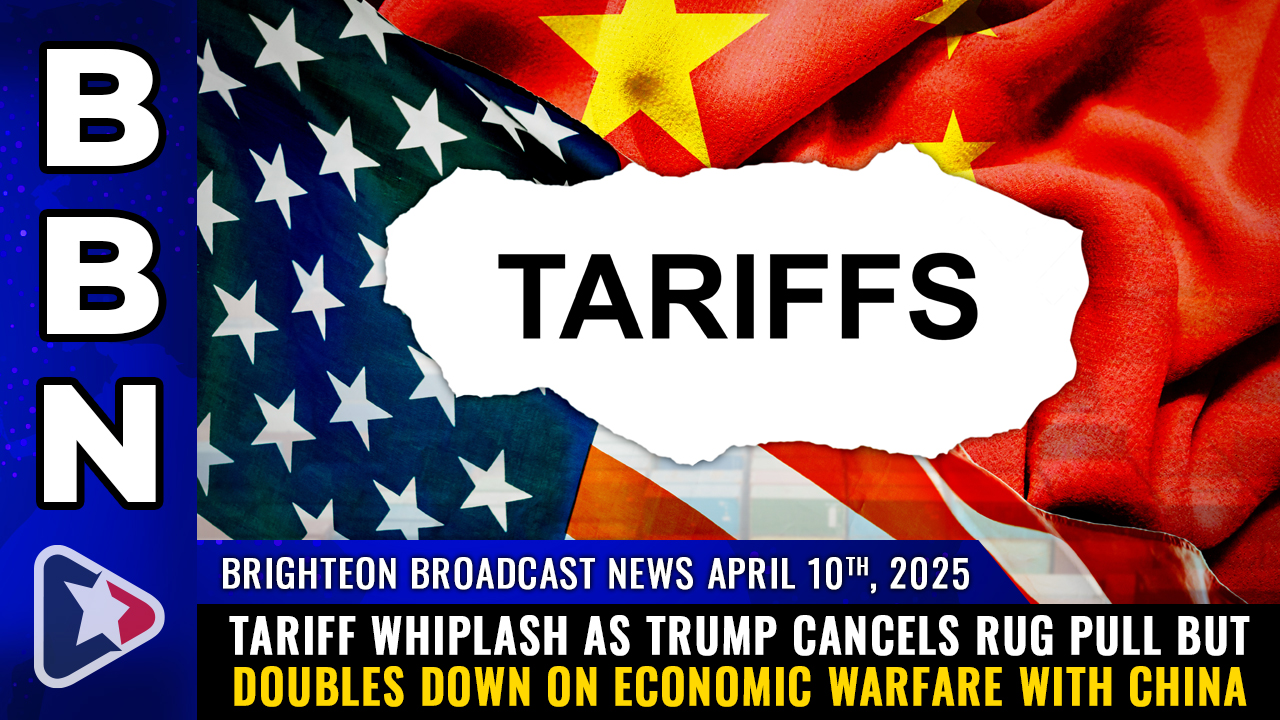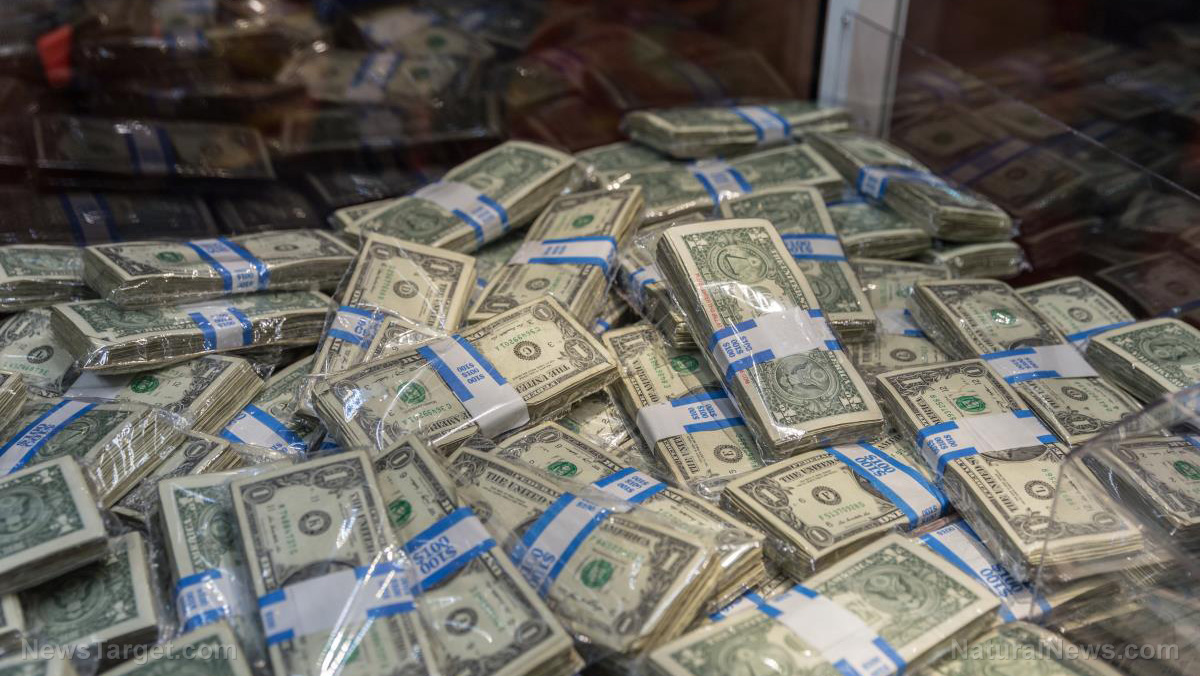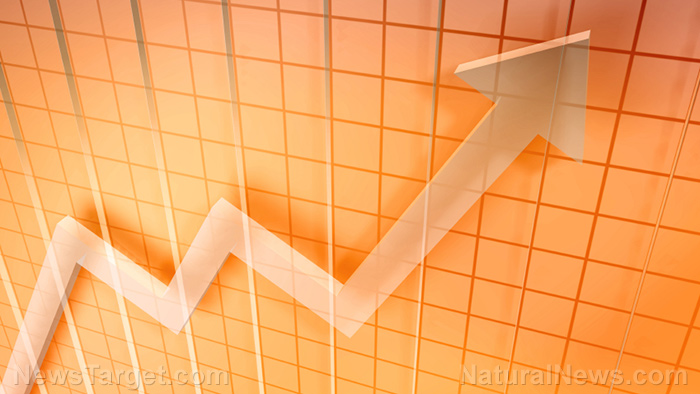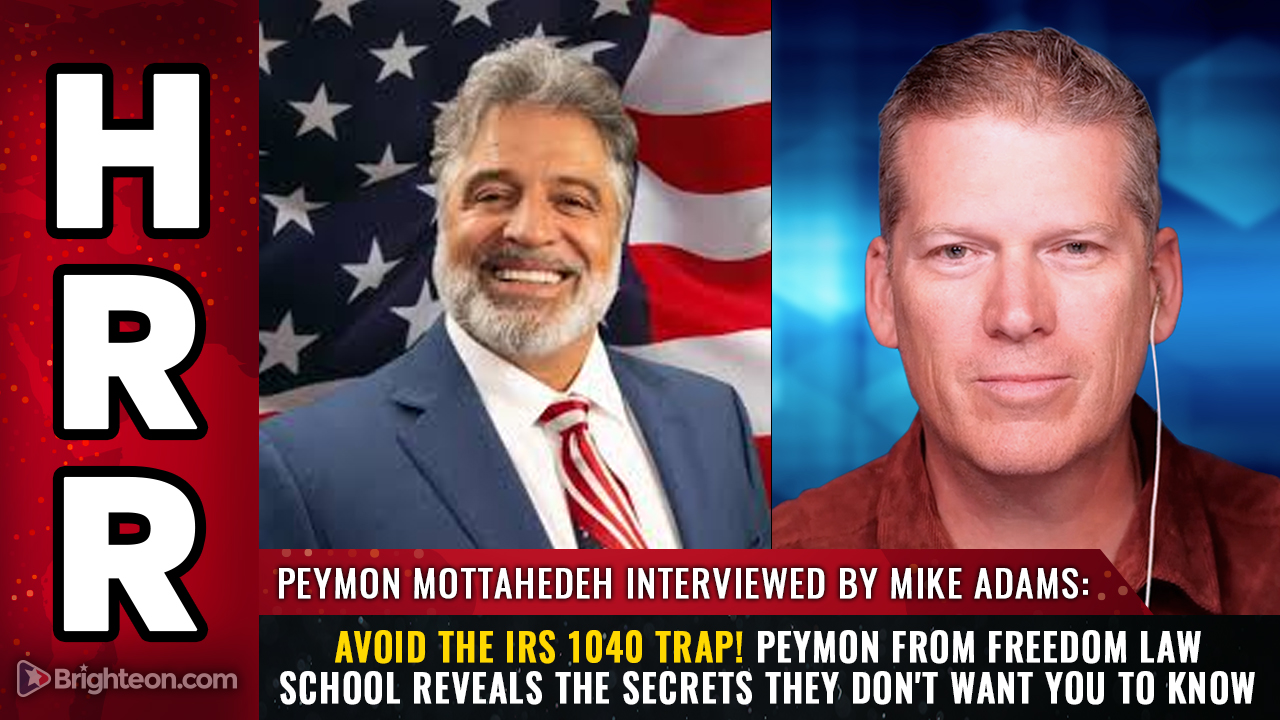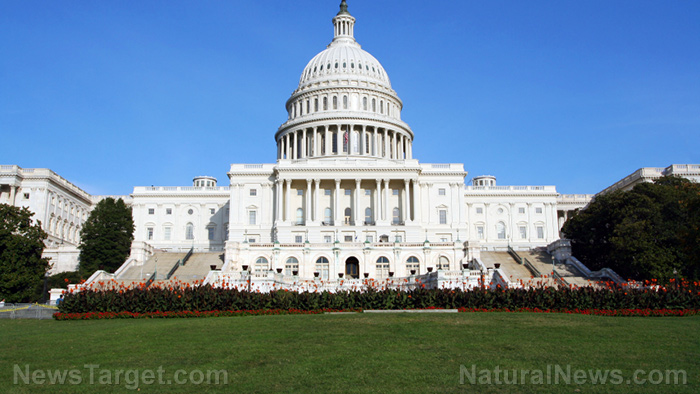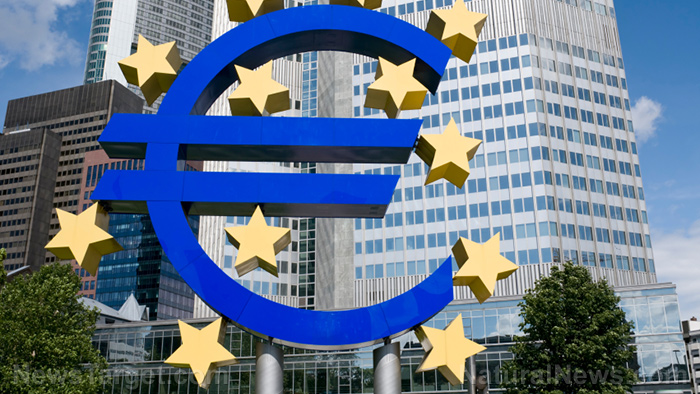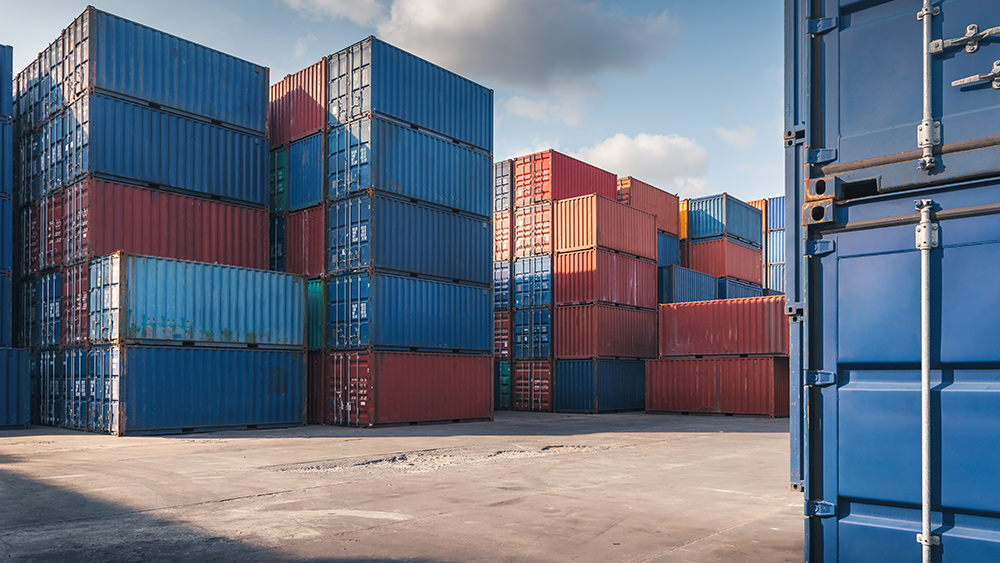Trump’s bold tariff strategy forces Vietnam to offer zero tariffs, but will it work?
04/08/2025 / By Willow Tohi

- Vietnam proposed eliminating all tariffs on U.S. imports to avoid a 46% U.S. tariff on its goods, but White House trade adviser Peter Navarro dismissed the offer, calling Vietnam a “poster child for non-tariff cheating.”
- President Donald Trump’s “America First” approach includes steep tariffs (10% baseline, up to 46% on Vietnam and China) to counter trade deficits and alleged exploitation by foreign nations.
- Companies like Nike, which heavily rely on Vietnamese manufacturing, saw stock turbulence after Trump’s tariff announcement, briefly rebounding on Vietnam’s offer.
- Critics argue sudden tariffs risk economic instability, while the administration claims they correct past trade abuses like trans-shipping and unfair subsidies.
- Trump remains firm on tariffs taking effect April 9 despite Vietnam’s request for negotiations, signaling a broader push to reshape global trade terms under threat of economic pressure.
In a dramatic shift in trade policy, Vietnam has offered to eliminate all tariffs on U.S. imports following President Donald Trump’s announcement of steep retaliatory tariffs on Vietnamese goods. The Southeast Asian nation, a key manufacturing hub for companies like Nike, sought to avoid a 46% tariff set to take effect on April 9. But White House trade adviser Peter Navarro quickly dismissed the offer, calling Vietnam a “poster child for non-tariff cheating” and insisting the U.S. would proceed with its plan unless further concessions are made.
The high-stakes negotiation underscores Trump’s aggressive “America First” trade doctrine, which aims to reverse what he describes as decades of economic exploitation by foreign competitors. Yet, as the deadline looms, experts debate whether the strategy will boost American industry or provoke deeper economic turbulence.
Vietnam’s Hail Mary offer
President Trump revealed on Truth Social that Vietnamese Communist Party leader To Lam had proposed slashing tariffs on U.S. imports to zero if the two nations reached a new agreement. Earlier in the week, Trump had announced a sweeping overhaul of U.S. trade policy, imposing a 10% baseline tariff on most imports and higher “reciprocal” rates on countries like Vietnam (46%), China (46%) and the European Union (27%).
Nike, which relies on 130 factories in Vietnam, saw its stock plummet after the initial announcement, only to rebound slightly following Vietnam’s concession. But Navarro dismissed the offer during an interview with Fox News’ Sunday Morning Futures, arguing that tariff reductions alone wouldn’t fix Vietnam’s alleged trade abuses, including trans-shipping Chinese goods to evade U.S. duties.
“If you simply lowered our tariffs and they lowered their tariffs to zero, we’d still run about $120 billion trade deficit with Vietnam,” Navarro said. “The problem is all of the non-tariff cheating that they do.”
Historical context: Trade wars and economic leverage
Trump’s latest move echoes his first-term trade battles, where tariffs were a central tool in renegotiating agreements like the USMCA (the replacement for NAFTA). His reasoning is rooted in a belief that foreign nations have long taken advantage of the U.S., using unfair subsidies, currency manipulation and regulatory barriers to flood American markets while restricting access to their own.
Vietnam, in particular, has emerged as a manufacturing powerhouse in recent years, partly due to companies relocating from China to avoid Trump-era tariffs. But the U.S. trade deficit with Vietnam has ballooned to $123.5 billion—exacerbating tensions.
However, critics argue that sudden tariffs could backfire. “If you’re not happy with trade terms, you should sit down and renegotiate—not slap on tariffs overnight,” said Peter Simon, an economics professor at Northeastern University. “This just creates resentment and economic instability.”
What happens next?
Trump has said he would consider a “phenomenal” deal but remains firm on tariffs taking effect April 9. Vietnam’s leadership has requested a 45-day delay and a face-to-face meeting in May to negotiate further—but Navarro’s rejection suggests the White House is holding firm.
Meanwhile, Treasury Secretary Scott Bessent hinted at a long-term strategy, telling NBC News that more than 50 nations have already approached the U.S. about adjusting trade terms. “They’ve been bad actors for a long time,” he said. “This isn’t something that can be fixed in days or weeks.”
The standoff with Vietnam is the first major test of Trump’s revived tariff strategy—one that could redefine global trade dynamics or trigger retaliatory measures. While the administration argues it’s reclaiming leverage, skeptics warn of short-term disruptions and long-term damage to diplomatic relations. As April 9 approaches, businesses and investors worldwide are bracing for the next move in a high-stakes economic chess match.
For now, Trump’s message is clear: no more half-measures. “The patient lived, and is healing,” he declared on Truth Social, referencing his trade policy. “The prognosis is that the patient will be far stronger, bigger, better and more resilient than ever before.”
Only time will tell if that prediction holds.
Sources include:
Submit a correction >>
Tagged Under:
big government, Bubble, debtcollapse, economy, finance, Globalism, market crash, money supply, pensions, risk, tariffs, trade war, Trump
This article may contain statements that reflect the opinion of the author
RECENT NEWS & ARTICLES
COPYRIGHT © 2017 RISK NEWS

